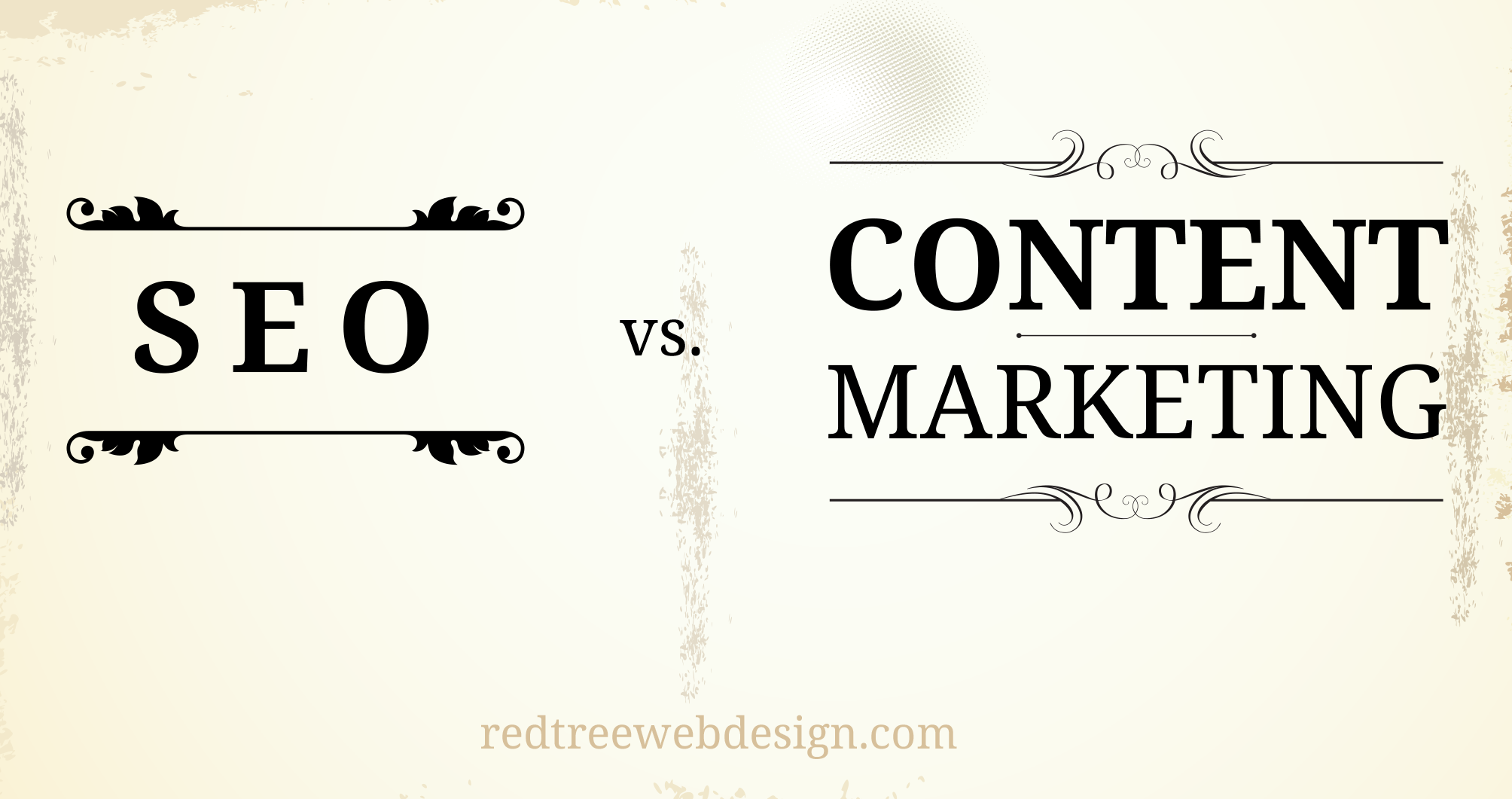Do you really know what they mean and how they can help your business?
SEO
Search engine optimization—the process of using your website and other marketing platforms in a way that makes you appear higher in a search engine—is often on the minds of many business owners.
Appearing in the top results of Google is a clear win for a business and a proven path to increasing profits. At the same time, a Google rank is clearly measurable and trackable. Having such a simple indication of how well a piece of your marketing is working (or not working) is comforting in an increasingly complex marketing landscape.
Let’s be absolutely clear. Search engine optimization (SEO) matters and will probably always matter. There is no disputing that.
However, SEO has become something of a silver bullet for many business owners. When they think of their website, all they think about is SEO, and they see a front page search ranking as the key to unlocking a whole new wave of profit potential.
Fixating on SEO, however, often means missing the big picture. If we look at the strengths and weaknesses of SEO, we can see why:
Strengths
- Appearing on the front page of Google is a proven marketing advantage
- There is no shortage of resources and guides on how to improve your SEO
- Search engine ranking is more easily tracked than other marketing tactics
- Users coming from a search engine are already primed to hear about the services you offer because, after all, they were active looking for a business like yours
Weaknesses
- SEO can sometimes mean serving an algorithm versus serving your audience
- Google’s algorithm is secret, and it is constantly changing (sometimes daily)
- Since you have little control over the algorithm, a business dependent on SEO can struggle in the face of an algorithm change
- Some businesses simply aren’t ideal candidates for SEO because of where their customers come from
Content Marketing
For most clients, we encourage them to think about SEO as part of their content marketing strategy rather than their sole marketing strategy because of the weaknesses I’ve outlined here. To make sure that we’re both thinking of the same thing my definition of content marketing is the same as the one provided by the Content Marketing Institute: Content marketing is “the marketing and business process for creating and distributing relevant and valuable content to attract, acquire, and engage a clearly defined and understood target audience.”
When you focus specifically on SEO, it’s easy to lose sight of the people behind the clicks to your website. When you think instead about delivering meaningful content and experiences to those people—which is the philosophy behind content marketing—you cast a wider net while at the same accounting for core SEO principles. Yes, keywords matter, but thinking more about delivering something special to your audience reframes the goal of your marketing completely and lets you tap into an audience broader than search engine users.
SEO helps you to get clicks. Content marketing is what fosters loyalty and drives word of mouth marketing.
Good content marketing is also good SEO, but oftentimes a strategy driven exclusively by SEO puts more attention on the algorithm and less attention on the people you’re connecting with. The truly great SEO artists out there have a mind for the math involved but think like content marketers. They make the kind of content that users are excited to read or watch and then share with their friends, and they follow the best practices of SEO.
The SEO of the future is less about gaming an algorithm and picking keywords and more about delivering a digital experience that customers want and need. The Google algorithm has been moving in this direction from the beginning, steadily eliminating the little tricks that SEO experts have been using to cheat the algorithm for their clients (keyword stuffing, link farms, bot traffic, etc).
What to do next?
Google cares about the experience users have with their search engine, which means they want to serve up the best content possible. You should still follow SEO guidelines, but before you think about optimizing your header tags and image alt tags, do the following:
- Thoroughly review your target audience and make sure that you understand who they are in specific terms.
- Look at the kinds of content they engage with and are sharing, both inside and outside of your industry.
- Put yourself in their shoes, and think about what really resonates with them and what they truly care about.
- Before you think about the algorithm, think about what kind of content they need or want, and then mobilize your existing audience to help spread the word (email or social media, for example).
- Partner with industry or community organizations to spread your content.
Earlier, we said that that SEO was comforting because of how straightforward the end result is—your ranking either goes up or down. Content marketing does not have this immediate performance indicator because it influences so much more than one singular metric. Content marketing can increase loyalty, it can drive word of mouth, it can expand your brand, and it can inspire new customers to try you out.
But that means thinking beyond SEO keywords. That means working to develop a relationship with your target audience, and all relationships take time.
Don't Branch Out Alone
We know that your time is limited but taking your website to the next level is essential. Don’t branch out alone. Tap into our team of experts to keep your site ahead of the curve.
Let Us Help